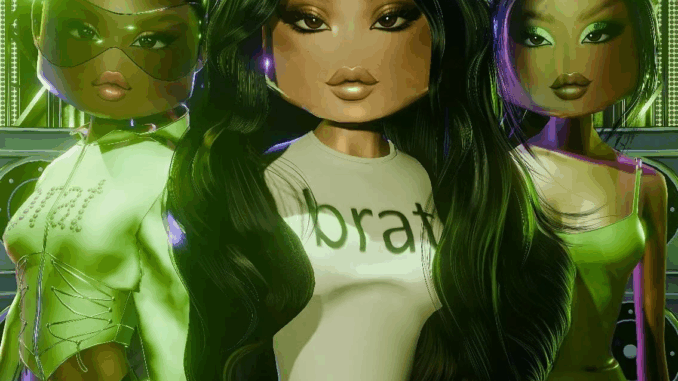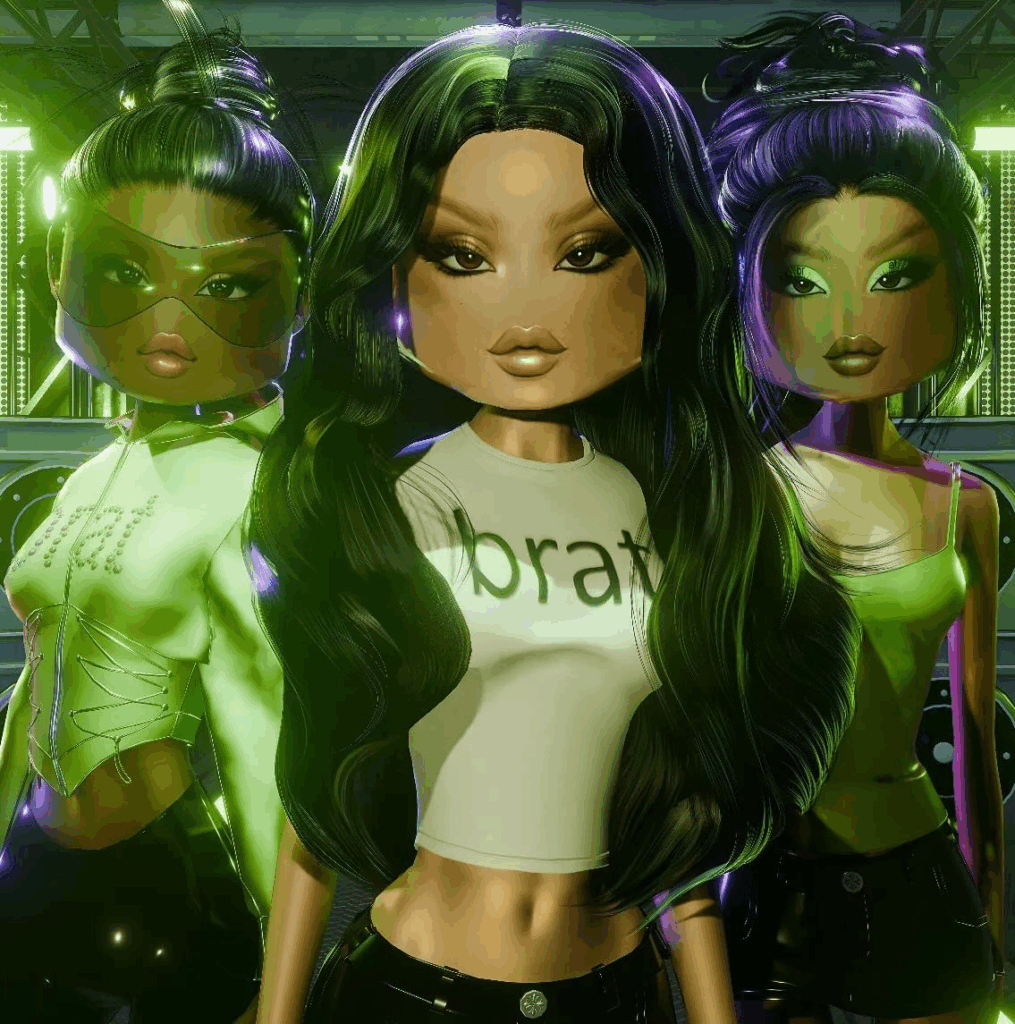
Kelley Heyer, Creator of Charli XCX’s ‘Apple’ Trend, Suing Roblox Over Copyrighted Dance Emote
Kelley Heyer, the creator of the viral “Apple” dance trend popularized by Charli XCX, is reportedly suing Roblox after the platform used and sold her copyrighted dance emote without her consent.

According to reports, Heyer was in ongoing negotiations with Roblox to license her dance for use on the platform, but the company released the emote prematurely, before a formal agreement was reached. Heyer claims the platform went ahead with the launch of the emote, which quickly became a popular in-game feature, without securing the necessary rights.
In her legal filing, Heyer accuses Roblox of copyright infringement and breach of contract, alleging that the company profits from her work without permission. She is seeking compensation for the unauthorized use of the dance and any earnings Roblox made from selling the emote.
The dance, known as the “Apple” trend, became a social media sensation when Charli XCX posted a video of herself performing the routine, which was originally created by Heyer. The choreography quickly gained traction on platforms like TikTok, eventually making its way into Roblox, where players could purchase and use the emote within the game.
Heyer’s attorney expressed frustration over the situation, saying:
“We had been negotiating with Roblox in good faith, but their decision to release the emote before we had reached an agreement is a clear violation of Kelley’s intellectual property rights.”
Roblox has yet to comment on the lawsuit, but the case has sparked wider discussions about the platform’s handling of user-created content and its relationship with intellectual property rights.
This isn’t the first time Roblox has faced legal challenges over copyrighted material, but it is one of the more high-profile cases involving a viral dance trend. Heyer’s lawsuit could set a precedent for how similar cases are handled in the gaming industry, especially as the lines between social media trends, gaming, and copyright law continue to blur.
As the legal battle unfolds, it remains to be seen how this case will impact Roblox’s future approach to licensing user-generated content and its relationship with creators.